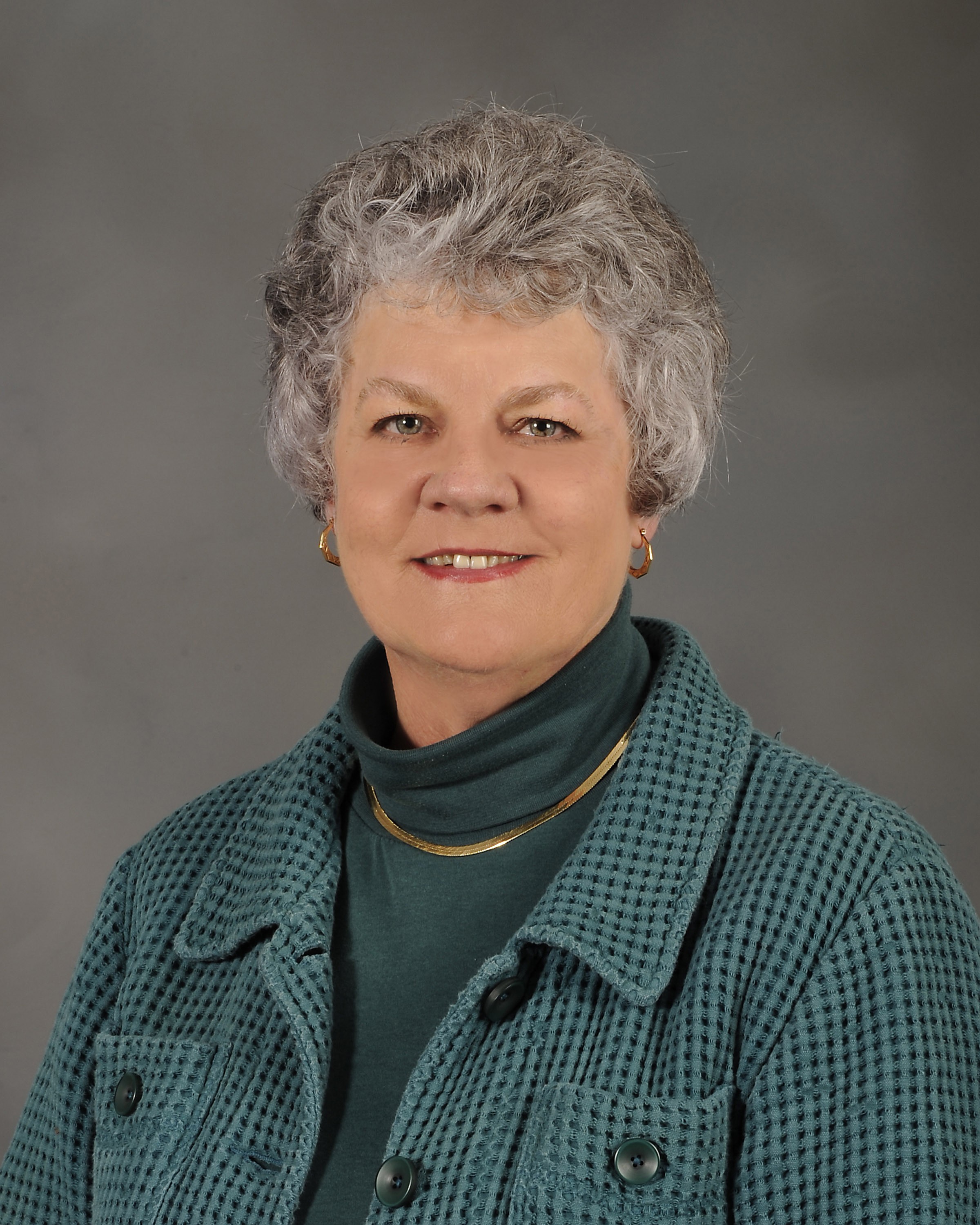FORT SILL, Okla. -- Department of Defense civilians work hard to ensure the military runs smoothly. Awards are given quarterly and annually to civilians who go above and beyond the call of duty.
This year, Fort Sill's Michele "Mimi" Shanks received the highest award given to an Army civilian -- the Secretary of the Army's Decoration for Exceptional Civilian Service.
Shanks was presented the award March 15 at the Pentagon.
"I was just doing my job and had no idea it would turn into this," said Shanks, Medical Department Activity data quality manager.
Shanks' supervisor, Chris Hutchings, business analysis and resource management chief, said she does this level of work all the time.
"To sum up what she did, she recognized data issues and saved the government over half a million dollars," Hutchings said.
Shanks admits the process wasn't quite as easy.
"In October 2009, Dr. Ben Thompson, then chief of behavioral health, walked into our office and said he needed some help with an idea," remembered Shanks. "I said 'Yes sir, what can I do to help you'' He was tasked to review all service members' medical records. It was overwhelming what had to be done, and he wanted to focus on treatment, not backlogs of records. He asked me if there was any sort of database that might help him out. We worked together, he explained what he was trying to accomplish; I explained what programs were available."
"The whole purpose of this policy from the surgeon general's office was to ensure continuity of behavioral health care for service members and families," said Hutchings. "It was an Armywide policy. Everyone had to figure out how to do this. And, to meet the intent that this quality of care was met."
"The goal of Colonel Thompson was to decrease the number of records reviewed by behavioral health staff," explained Shanks. "This would enable them to be proactive in coordinating care."
"This program showed a 70-percent decrease in emergent walk-in appointments in the behavioral health clinic. They are more proactive in their treatment plans and it improved their access to care."
Unbeknownst to Shanks, the involvement in this process would help more than just Fort Sill.
"Colonel Thompson asked me if there was some way to get this process to other posts, because they were struggling with the same things we were," said Hutchings. "We submitted it as a best business practice. It was tested and tweaked, and now all installations use this process. So when I got the opportunity to nominate someone for an award based on the criteria that they did something that benefited all installations, I jumped on the opportunity to nominated Mimi."
"Ms. Shanks worked as the lead of a team to create a process to identify PCSing Soldiers who needed assistance in coordinating behavioral health care access at their new duty stations prior to leaving Fort Sill. Instead of going through every departing Soldier's record by hand, Ms. Shanks leveraged technology and created a way to screen hundreds of records very quickly and only pull those with recent behavioral health needs," summarized Col. Michael Rave, Reynolds Army Community Hospital commander.
"I always say do things smarter, not harder," added Shanks.
Her "smart" way of doing things will potentially save millions of dollars and has made the work of many staff members much easier.


Social Sharing